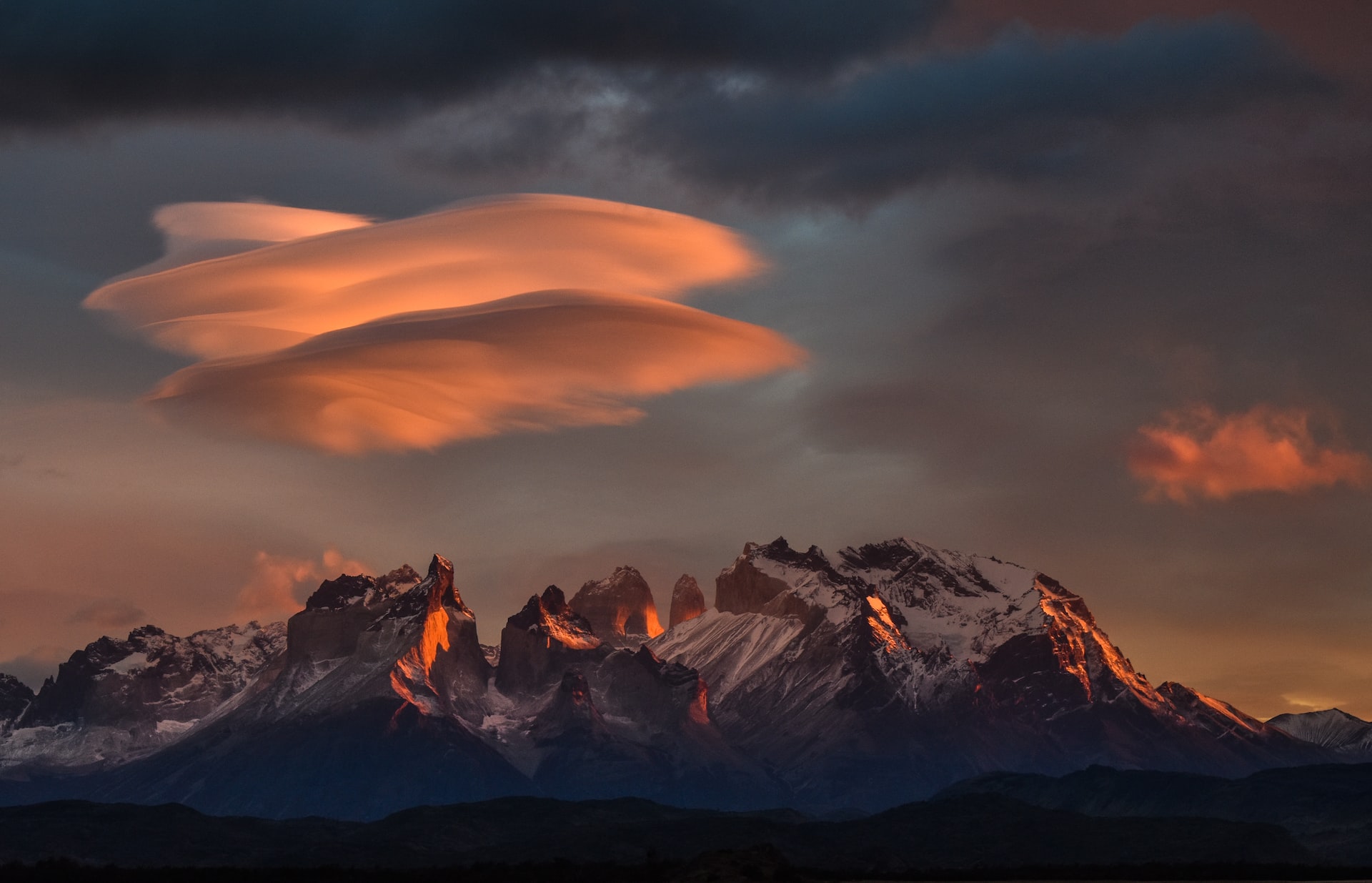Northland College
Updated: March 18, 2004
Address:
Address 1: 1411 Ellis Ave
City: Ashland
State/Province: Wisconsin
Country: United States
Postal Code: 54806
Company Profile has expired.
Renew your Company Profile today for all the great benefits at OutdoorEd.com.
You must be the Company Profile owner to renew the profile. If you would like us to remove the expired profile, please contact us.
No endorsement is given or implied to any Companies listed on this site.
